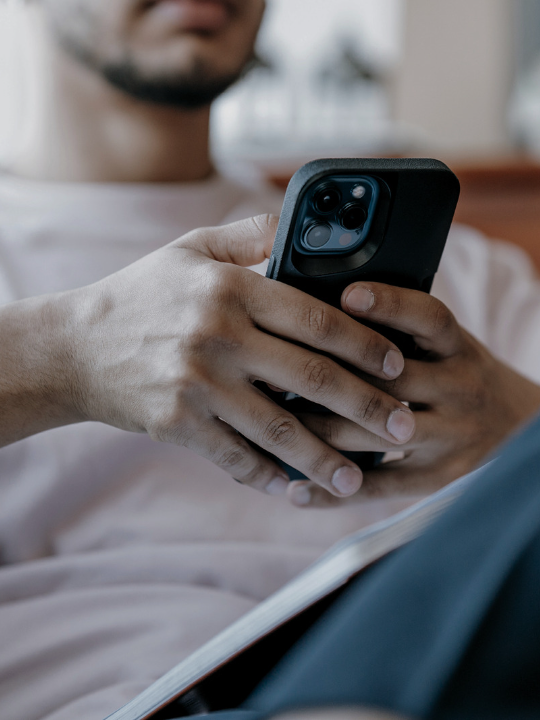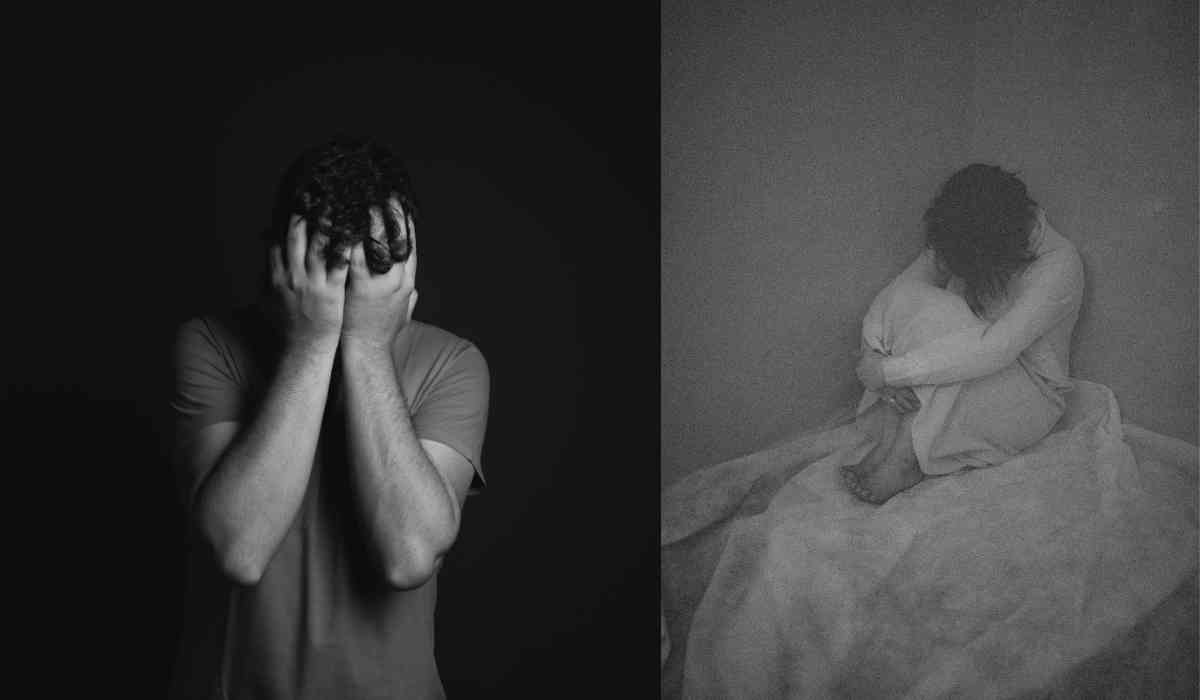Do you spend most of your time on social media, scrolling endlessly, or just consuming a lot of content; well you need to stop. A recent study found that active users who contribute their own content on social media are less likely to experience anxiety, despair, and stress than young adults who simply consume others' content.
To better understand the connection between different social media engagement habits, researchers questioned 288 people between the ages of 18 and 34 for the study of feelings of loneliness, and psychological distress, which was published in the journal Behavior & Information Technology

Three different uses of social media were examined in the study. This included active non-social, where users uploaded their own content but did not connect with other users, passive, where users just browsed content created by other users, and active social, where users uploaded their own content and engaged with other users and their content.
Researchers discovered that more passive social media use was associated with higher levels of stress, anxiety, and depression. Interestingly, there is a positive effect of creating and distributing content without directly engaging with other users online on stress.

Constantina Panourgia, a corresponding author of the paper and a senior lecturer in developmental psychology at Bournemouth University, believes that passive social media use deprives users of opportunities for self-disclosure and communication, which can foster connectedness and social support. Users may have a feeling of exclusion and isolation as an outcome. Loneliness-related feelings result in increased levels of stress, anxiety, and depression.
© Copyright 2023. All Rights Reserved Powered by Vygr Media.






















